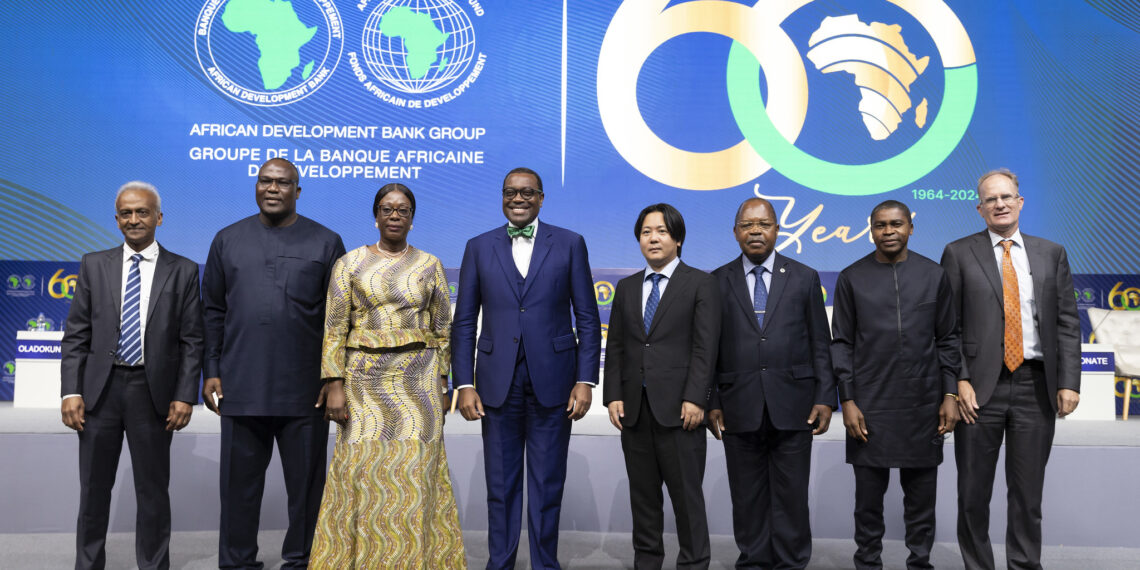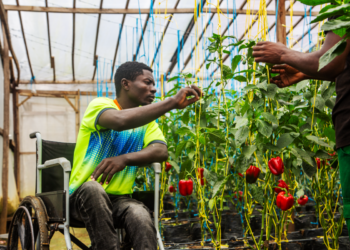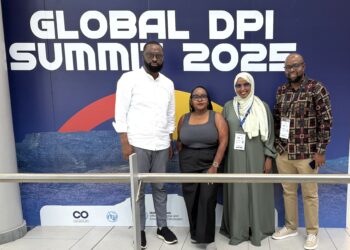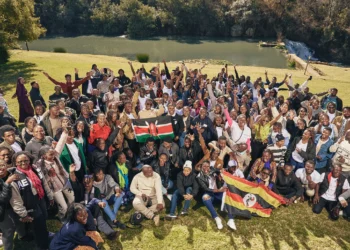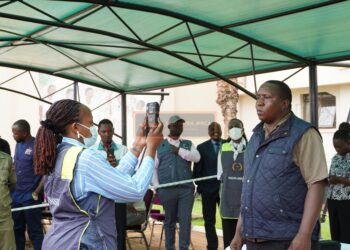ABIDJAN, Ivory Coast, September 15, 2024 — The Board of Directors of the African Development Bank Group (AfDB) has approved $102.79 million for the Multinational (Guinea, Senegal and Togo) Promotion of Sustainable Agricultural Value Chains in Special Agro-Industrial Processing Zones Program which fosters sustainable agricultural value chains around agro-industrial processing zones (SAVC-SAPZ).
This project expands the integration of climate change and reduction of low greenhouse gas (GHG) emissions in three Special Agro-Industrial Processing Zones (SAPZ) projects currently being implemented in the three participating countries, namely: (1) Projet de transformation agro-industrielle du Togo, (2) Sénégal Agropole-Sud and (3) Guinée: Programme de Développement des Zones Spéciales de Transformation Agro-Industrielle de Boké et Kankan (PDZSTA – BK).
“I am pleased to achieve this milestone because this is the first GCF financing to support the Bank’s Special Agro-Industrial Processing (SAPZ) Program in Africa. The climate change risk has increased on the continent and this GCF funding will support address the urgent need to support rural communities facing climate challenges by levering proven technologies,” said Mr Kazuhiro Numasawa, the African Development Bank’s Division Manager in charge of SAPZ operations.
The programme notably supports (i) small irrigation systems covering at least 39,179 ha and the provision of 2,59 MW or all the solar energy needed for water pumping; (ii) the installation of small renewable energy equipment with a cumulative capacity of 14,69 MW; (iii) the supply of 10.24 MW of energy from biogas generated by biodigesters for a cumulative volume of 24576 m3 to treat livestock manure and produce biogas for electricity production; (iv) the adoption of climate-resilient agricultural practices and technologies by agricultural value chain actors (smallholder farmers, agricultural cooperative societies (SCA) and local producer associations (LPA), covering approximately 40,000 ha of land (iv) the development of approximately 40,000 hectares of agroforestry to sequester carbon; (v) activities aimed at improving climate information services (creation and expansion of a network of agrometeorological and rainfall stations, deployment of technologies to strengthen climate information services and early warning systems, etc.).
The programme complements other actions in favour of gender already underway in the ongoing SAPZ projects in the three countries. It will also provide women: (i) access to innovative small-scale irrigation techniques; (ii) connection between farmers and cooperative processing companies; (iii) access to climate information services and early warning systems; and, (iv) access to low-carbon drying, processing and packaging technologies. Globally, the program is expected to directly benefit 1,104,728 farmers and indirectly 5,612,415. At least 50% of the beneficiaries will be women.
“This intervention is timely to strengthen the support to women and youth in the agriculture and food industries in these countries while leveraging the collaboration with private sector players associated with the Special Agro-Industrial Processing Zone projects in Guinea, Senegal and Togo,” said Mr Kazuhiro.


